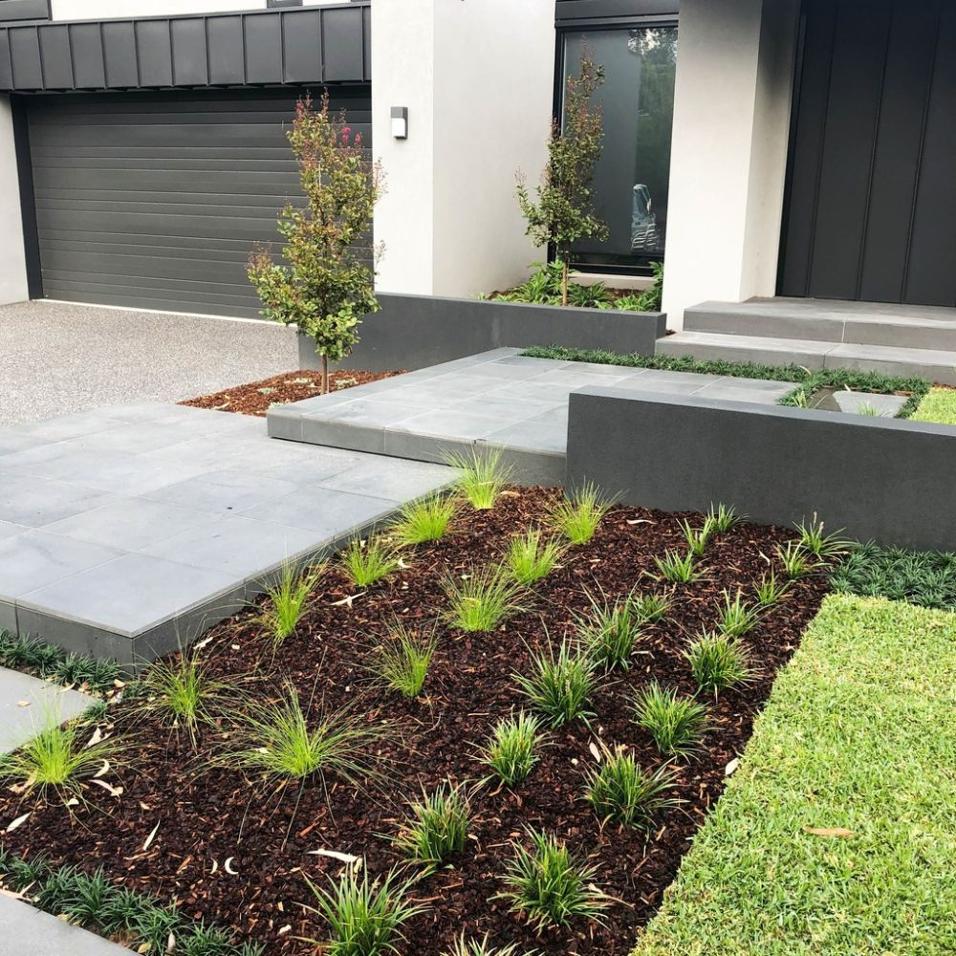Mulching is an essential gardening practice that offers numerous benefits to both the soil and the plants. Choosing the right type of mulch can make all the difference. Let's delve into the various types of mulches and their benefits, drawing from the insights provided by the sources you shared.
What is Mulch?
Mulch is a protective layer spread over the soil's surface or around plants. It can be made from a variety of organic or inorganic materials. Think of soil as a 'cake,' and mulch is the 'icing' or 'topping' that provides a myriad of benefits for the garden.
Benefits of Mulching:
Mulching is a time-tested gardening practice that offers a plethora of advantages. Let's delve deeper into each of these benefits using the insights from the provided sources:

Weed Suppression
Mulches act as a barrier, preventing sunlight from reaching the soil. This makes it difficult for weed seeds to germinate and grow. By suppressing weed growth, mulches ensure that your plants don't have to compete for water, nutrients, and space. This not only keeps your garden looking tidy but also reduces the need for chemical weed killers or frequent manual weeding.
Pest Control
Certain mulches have properties that repel pests. For instance, cedar bark emits a scent that many insects dislike. Additionally, a thick layer of mulch can act as a physical barrier, preventing pests and certain insects from reaching plant roots. However, it's essential to choose the right type of mulch, as some might attract pests.
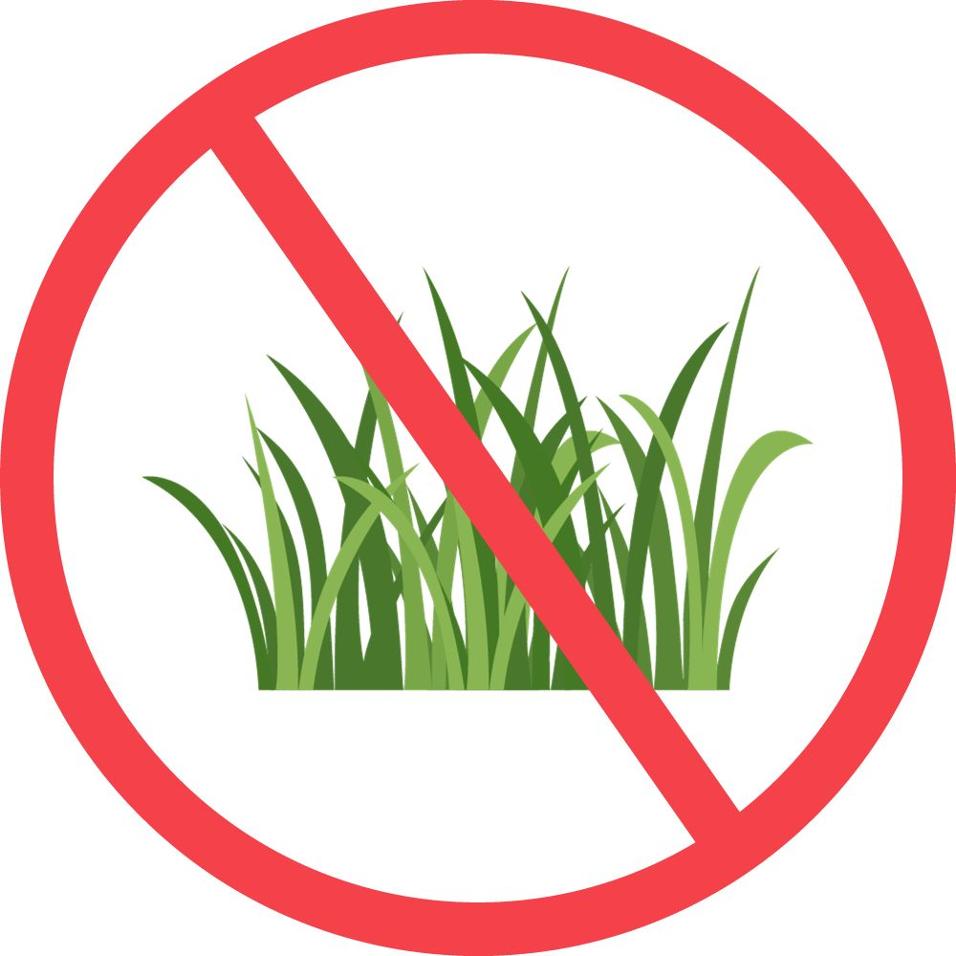
Moisture Retention
One of the primary benefits of mulching is its ability to retain soil moisture. Mulches reduce the evaporation of water from the soil's surface, ensuring that plants have a consistent supply of moisture. This is especially beneficial during hot summers when water can evaporate rapidly. By maintaining moisture levels, mulches reduce the frequency of watering, conserving water and saving time for gardeners.

Temperature Regulation
Mulches act as insulators. During hot days, they shield the soil from direct sunlight, keeping it cooler. Conversely, during cold nights or winter months, mulches trap heat, preventing the soil from freezing too quickly. This temperature regulation is crucial for the roots of plants, ensuring they aren't stressed by extreme temperature fluctuations.

Soil Enrichment
Organic mulches, such as straw, or compost, decompose over time. As they break down, they release valuable nutrients into the soil. This not only enriches the soil but also improves its structure, making it more aerated and conducive for root growth. The decomposition process also encourages beneficial soil organisms and worm activity, further enhancing soil health.
Erosion Control
Erosion can remove topsoil thus disrupt plant growth. Mulches protect the soil from being washed away by heavy rains or winds. They act as a shield, breaking the fall of raindrops and reducing their impact on the soil. This is especially beneficial in sloped gardens where water runoff can be a significant concern.
Aesthetic Appeal
Beyond the practical benefits, mulches can significantly enhance the visual appeal of a garden. They provide a uniform look, cover patches of bare soil, and can complement the colors of flowers and foliage. Whether you opt for a natural wood look, a rich compost, or even colored mulches, they can elevate the overall aesthetics of your garden space.
Habitat for Beneficial Insects
Certain organic mulches can provide a habitat for beneficial
insects. For instance, straw or leaf mulch might become a home for spiders or
ladybugs, which are natural predators to many garden pests. By fostering a
habitat for these beneficial insects, gardeners can maintain a natural balance
in their gardens and reduce the need for chemical insecticides.

Types of Mulch
Choosing the right mulch is pivotal for any garden's health and aesthetics. At Daisy's Garden Supplies, we've curated a selection of premium mulches to ensure your garden thrives. Let’s delve into our offerings:
Red Wood Mulch:
Sourced from recycled pine and hardwood pallets and dyed with a striking red vegetable hue, this mulch provides:
- Weed suppression
- Enhanced soil moisture retention
- Soil temperature stability
- Boosted soil health
Application: For optimal results, lay it at a thickness
of 50-100mm.
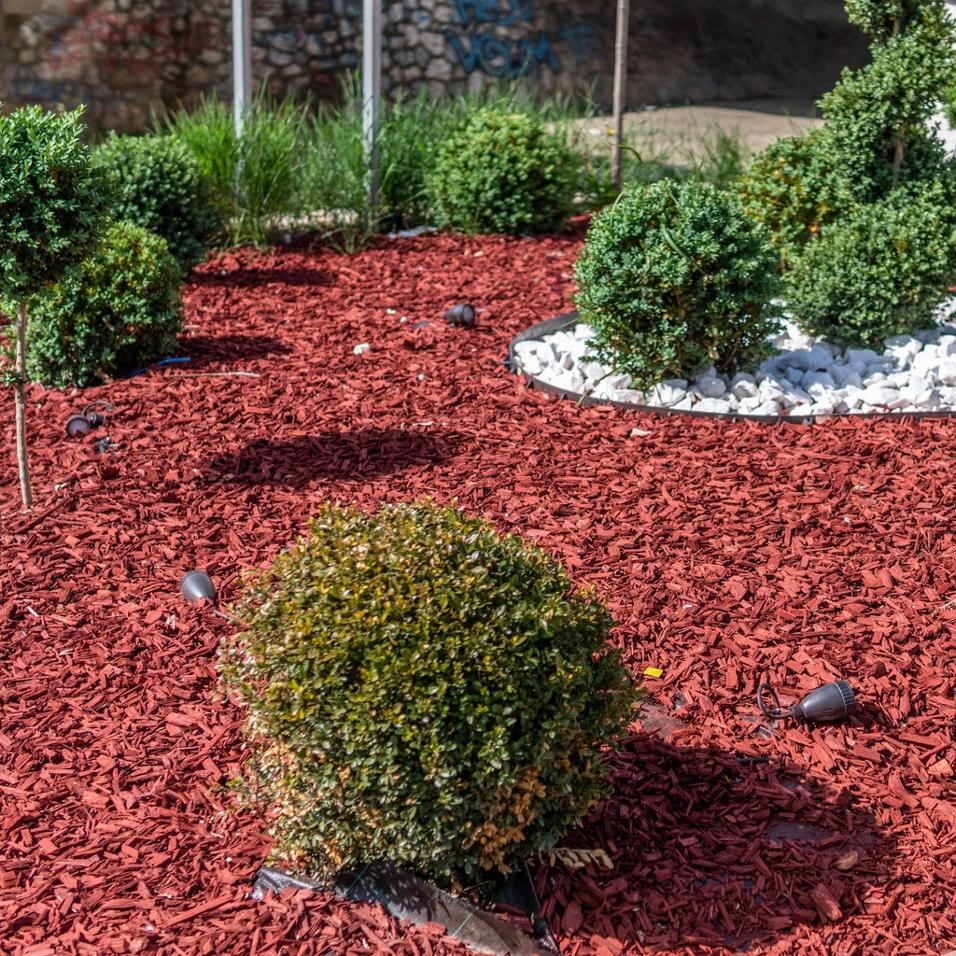
Black
Wood Mulch:
Similar in composition to the Red Wood Mulch but adorned with a deep black vegetable dye. Its benefits include:
- Weed control
- Consistent moisture retention
- Temperature regulation for soil
- Enriched soil health
Application: A layer of 50-100mm is recommended.
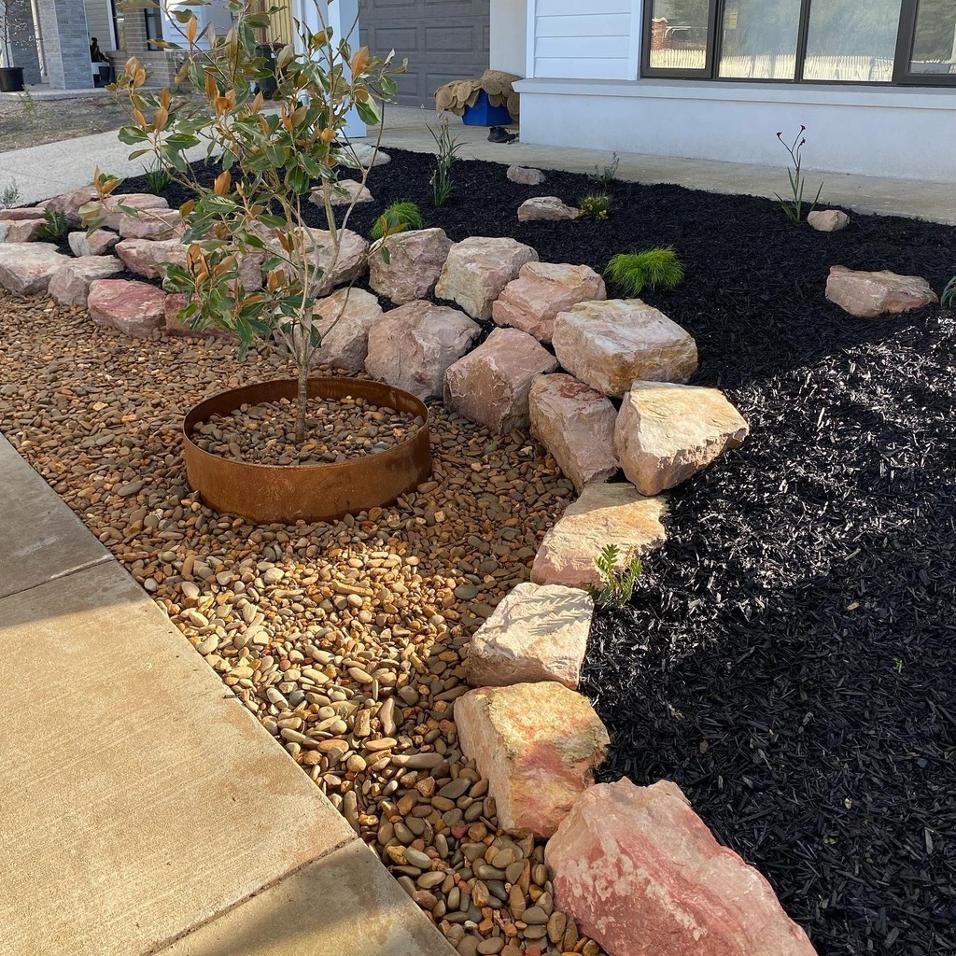
Pea Straw Farm Bale:
Daisy's Pea Straw Bale is an essential for garden health, providing:
- Natural organic nutrition
- Efficient moisture conservation
- Plant growth stimulation
- All-year protection against erosion and weeds
Recommended Uses: Perfect for veggie gardens, no-dig
gardens, and ensuring uniform plant growth.
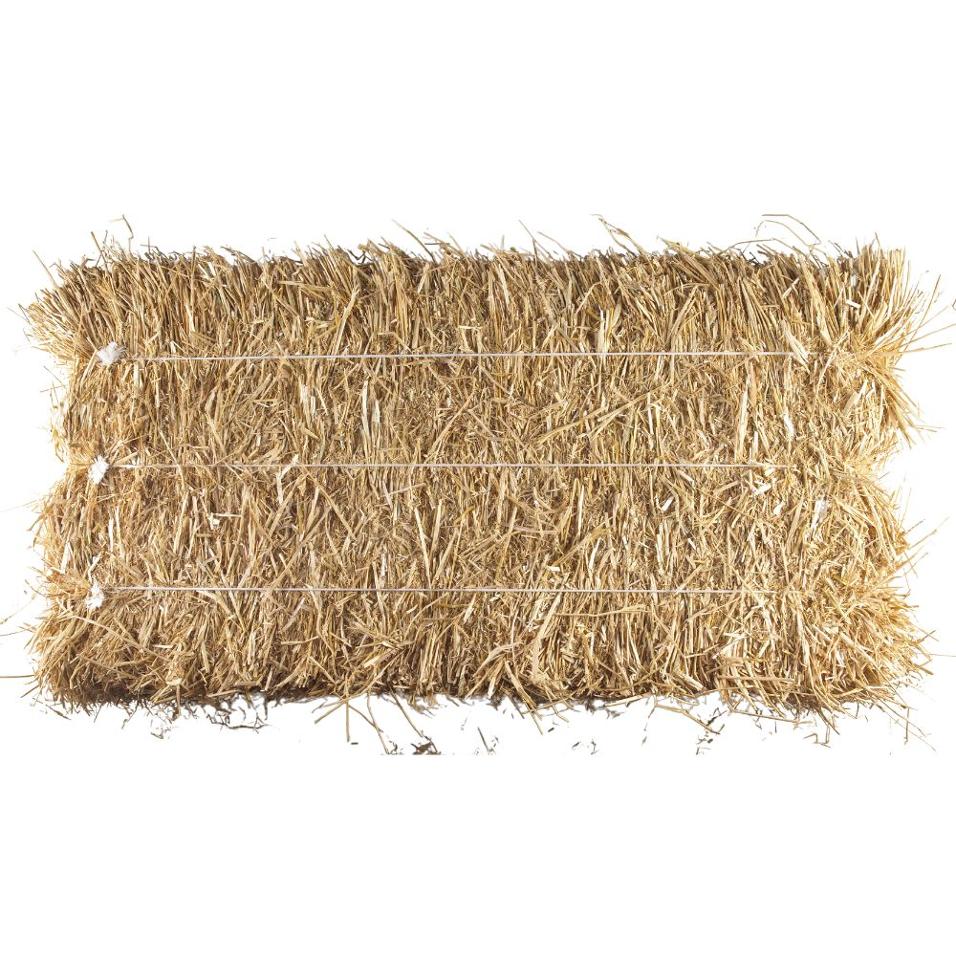
Eucey Mulch:
This mulch, perfect for any garden bed,
showcases a dark, organic look. It's a mix of ground natural woods and organic
materials, averaging a particle size of 6mm to 10mm. Read our article
describing the vast benefits of Eucalyptus Mulch.
Grit Mulch:
A distinctive blend of Granitic sand and 7mm cream pebbles, it's perfect for:
- Tackling weed growth
- Giving a decorative finish
- Serving as a lawn substitute
- Water
conservation in your garden
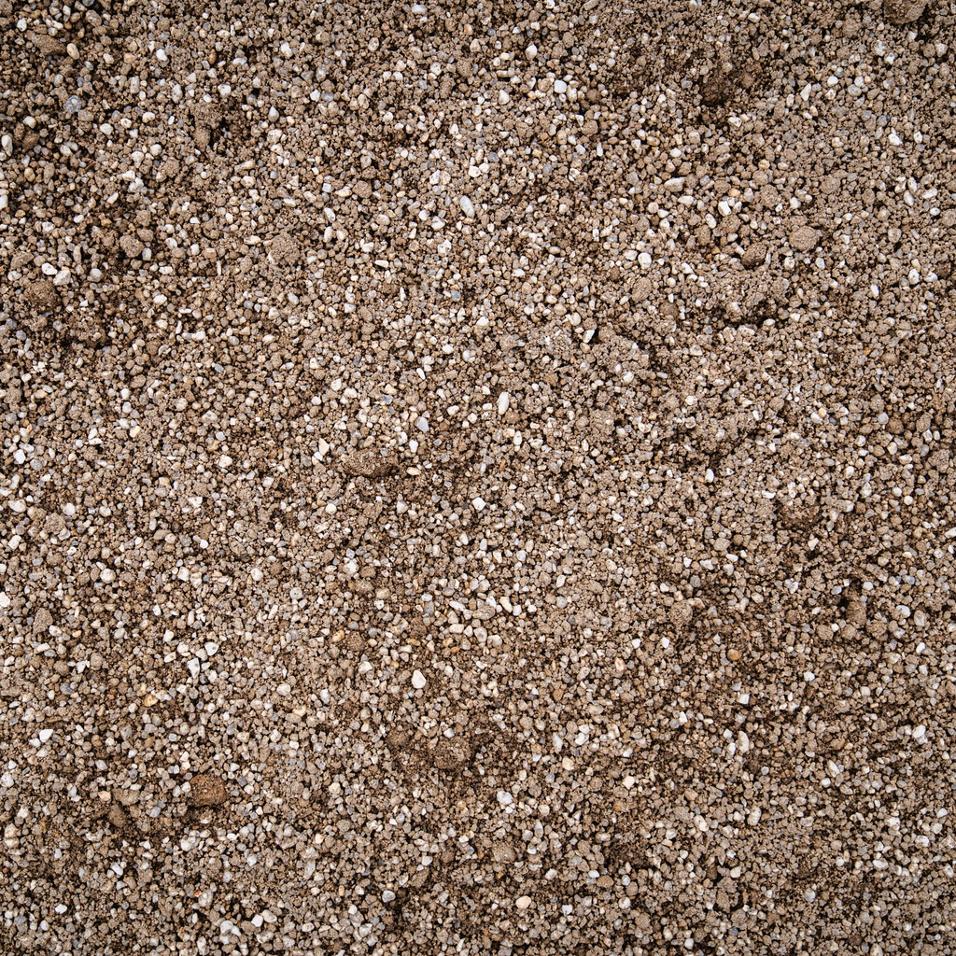
Watersaver Mulch:
Specially formulated for superior water conservation, our Watersaver Mulch is a finely graded and composted pine bark. This mulch offers:
- Effective weed suppression
- Enhanced retention of soil moisture, making it optimal for water conservation
- Stability in soil temperature
- Increase in soil organic matter over time
- Boosted overall soil health
Application: For best results and to maximize its
water-saving properties, lay it at a depth of 50-100mm.
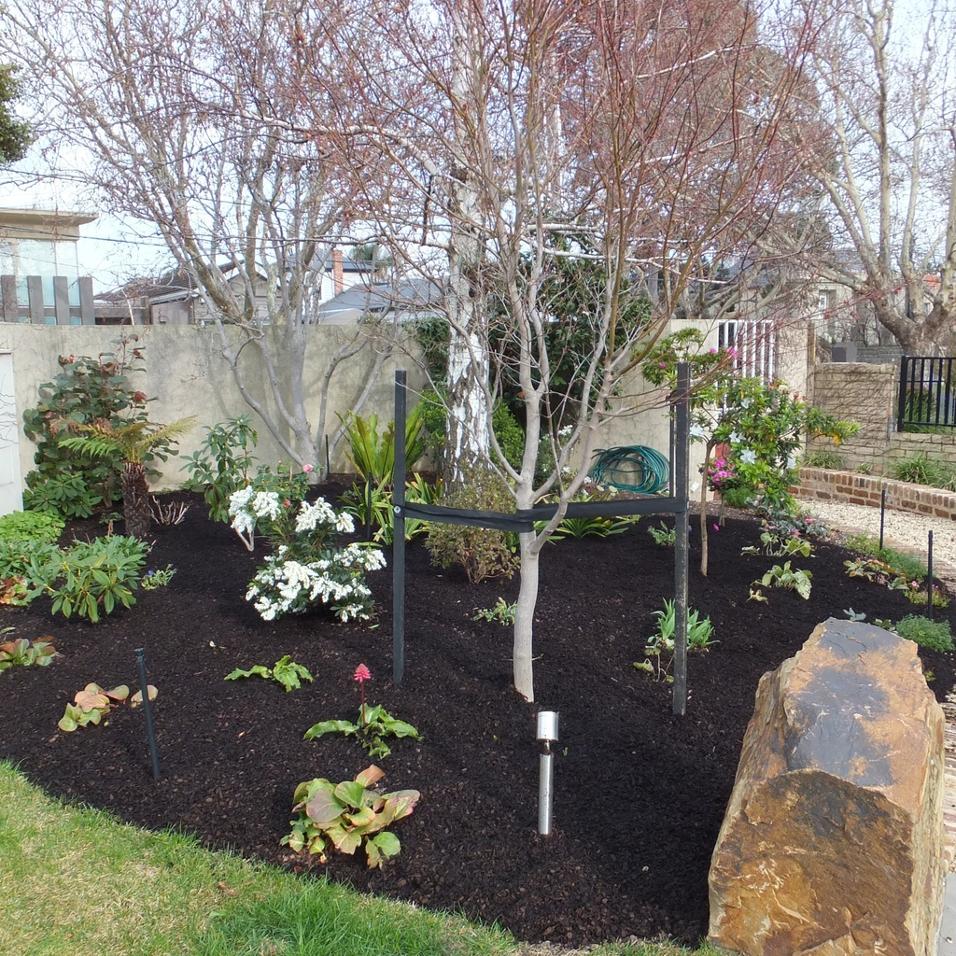
Wrap Up:
Mulching is a game-changer for any garden, especially vegetable gardens. It not only provides numerous benefits for the soil and plants but also reduces the gardener's workload in terms of watering and weeding. By choosing the right type of mulch and applying it correctly, you can ensure a thriving and productive garden.
For all your gardening needs, consider visiting Daisy's Garden Supplies if you are looking for 'mulch Melbourne' as we offer mulch delivery across Melbourne and Geelong with our eight conveniently located stores. We offer a wide range of products to make your gardening journey a success.
About the Authors

Harley Thompson
Harley is a second-generation journalist with a passion for gardening and a keen eye for detail. Currently studying a double degree of Commerce and International relations at Monash University, Harley loves learning new things. He specialises in creating engaging content about garden advice, using experience in store, with our team and customers. His writing blends his academic knowledge with practical experience, offering informative and inspiring articles.

Greg Fitzgerald
Greg Fitzgerald is a qualified horticulturalist with more than 30 years in the industry and 16 years at Daisy's Garden Supplies. He manages production and procurement for all our products, ensuring high-quality gardens and landscapes for our customers. His vast experience and qualification in horticulture make him a key asset to Daisy's. He offers valuable insights and a wealth of knowledge in terms of mulches, soils, pebbles and rocks, composts and many other products.
